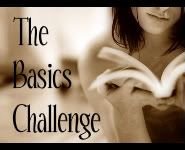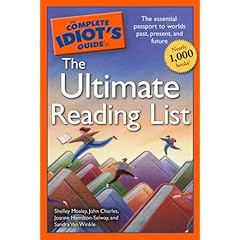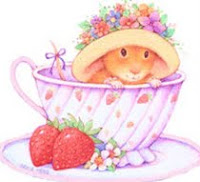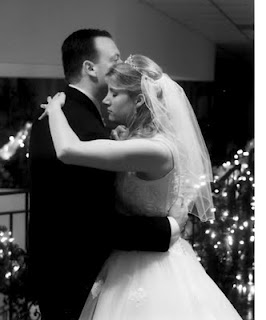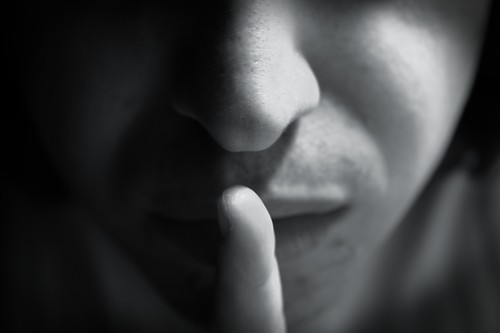Abby Annis over at Evolution of My Neuroses had a post yesterday on whether or not she should put her "baby" (first novel) in a drawer for a while or send it out to the agent world. Some say that you should not query your first book until you've written a second.
(It's too soon if) It's your first novel. No matter how hard it is to hear and follow this advice, it's probably the best advice I'll ever offer: write a second novel before you query on the first one. You'll learn so much while writing that second novel that you'll go back and either revise or discard Novel #1. AND you won't have all the baggage from those damn form rejections to weigh you down --agent Janet Reid
- You've worked really hard on your novel and the thought of not seeing what it could do out there is driving you crazy
- Some first novels sell
- You've revised the book ten ways til Sunday so it's not "technically" your first effort
- Publishing follows trends and your vampire/fairy/angel/werewolf book may not be "in" if you wait too long
- You can't focus on a second book unless you know if this one is going anywhere
- Your family has been hearing about your writing this book, now they keep asking you about the results
- If you write a second, you will have learned so much more that you will look back and see the flaws in your first effort that you missed the first time
- It's already too hard to keep up with trends since publishing is a slow process, so you have to take comfort in that if it's a great book, it will still be great in six months
- You'll have time to detach yourself from the first book and have a more unbiased opinion later
- You won't burn bridges with agents
- You have read writing books, blogs, etc. on a regular basis.
- You know these rules/best practices (adverbs, participial phrases, buried dialogue, avoiding melodrama, showing not telling, etc.)
- Each important character has a clear internal Goal, Motivation, and Conflict and external GMC. And by clear, I mean you do not have to explain it to others who have read your book.
- Your novel is high concept (if that's what you're going for) so you can boil the plot down to a sentence.
- Both your author voice and character voice are strong.
- Your opening chapter hooks the reader and is not loaded down with backstory.
- You are able to write a 1-2 page synopsis. If you can't, there may be a problem in the book (according to Janet Reid).
- Your novel has been read by at least three beta readers/crit buddies who are NOT your personal friends or family members. You need people who are writers themselves, have knowledge of the craft, and aren't afraid to be honest.
- You've read extensively in your genre and know what's out there, what's been done, etc.
- Even if you're not writing a second novel yet, let the manuscript stew for at least a month to gain some distance from it.




